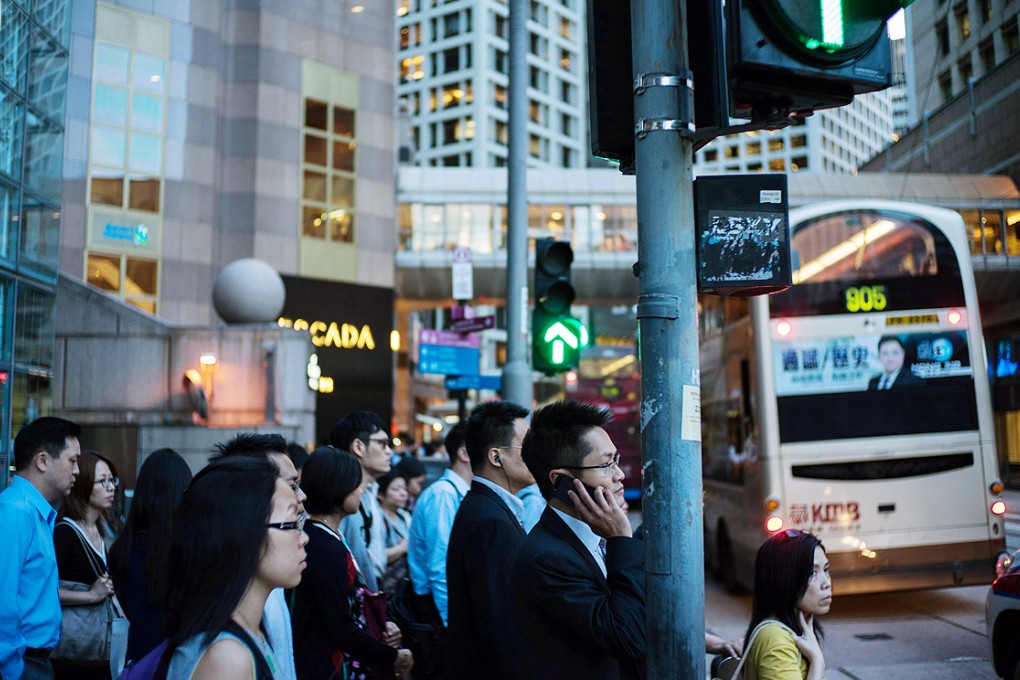Is it time to leave beloved Hong Kong?
Joyce Man says Beijing's decision on democracy has dashed hopes

In my family, we like to joke and call my father the "insurance man". An insurance consultant for more than 40 years, he goes to extraordinary lengths to minimise risks in any and every situation. As such, he's tried to ensure the family has a soft landing, should anything untoward happen.
In 1989, amid uncertainty over the handover of Hong Kong in 1997, my parents took out the ultimate insurance policy: they moved me and my sister with them to Canada, where we obtained citizenship first before moving back to our home city.
Now, 25 years later, I am thinking about putting that insurance policy into action and leaving Hong Kong permanently for Canada.
I recently moved to Bonn, Germany, temporarily for research, and like many millennial transplants abroad, I followed Beijing's decision on elections in Hong Kong through online news reports, Facebook posts and Skype calls home.
When I first read the news on my phone during my morning train ride, I couldn't help but get emotional, my eyes welling up with tears right there in a crowd of German commuters.
I wanted to be with my fellow Hongkongers at this vital moment. But, more than that, I was moved to tears out of frustration, because this is the latest in a string of disappointments for our city.
Over the past few years, I have grown steadily less hopeful about Hong Kong. At 30, I should be contemplating buying a flat and starting a family, but neither of these prospects entices me. I resent that being a homeowner in Hong Kong means saving for over a decade to buy a miserable hovel in the boondocks. I cannot contemplate having a child when the only options in education are pressure-cooker local schools and overpriced international institutions.